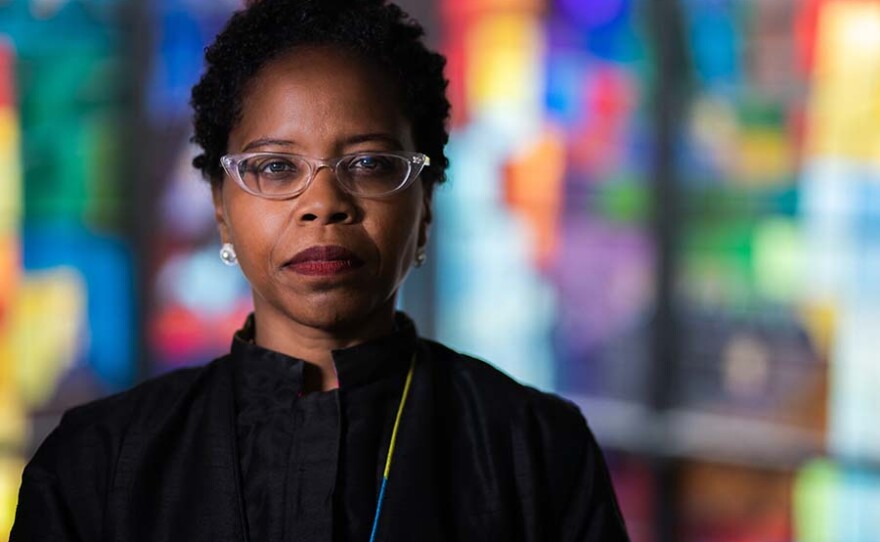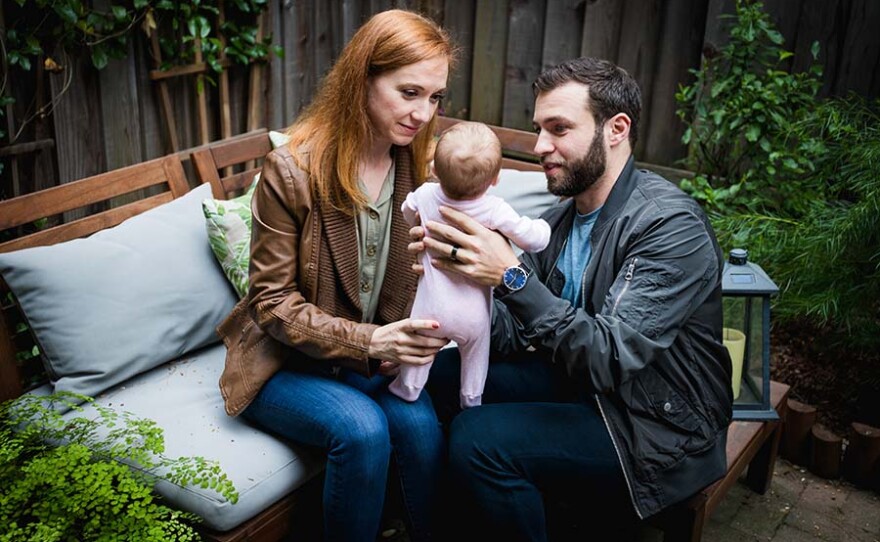—One-hour film intimately follows the journeys of people navigating fertility challenges from structural inequalities and racism to falling sperm counts, egg freezing, and IVF—
NOVA “Fighting For Fertility” examines the complexities of reproduction and the emerging science and technologies that can assist those who are struggling to have children. Featuring experts from across the medical community, the film encourages prospective parents to have an open dialogue about the realities and challenges of starting a family.
As hopeful, would-be parents share their quests to have a child, “Fighting For Fertility” offers an unfiltered look at a growing health crisis many in our country are facing: infertility.
With about one in ten adult Americans suffering from infertility and approximately 160,000 turning to in-vitro fertilization — or IVF — each year, the film brings to light the struggles often associated with trying to have one’s own biological children.
Offering a raw, intimate look at conception, “Fighting For Fertility” addresses commonly held beliefs about starting a family, and tackles the stigma head-on.
Importantly, it gives a voice to people who are often excluded from the larger societal conversation on reproductive health, namely the LGBTQ+ and Black communities.
Throughout the one-hour film, viewers hear from a couple exploring technology surrounding “mosaic” embryos, a young husband grappling with low sperm count, a transgender man breaking boundaries, and another couple facing a life-changing diagnosis.
Each story challenges how we think of a family in 2021, instills hope, and catapults tough conversations into the mainstream, helping us all confront inequities — in particular the systemic racism that contributes to infertility rates that are twice as high for Black women as for white women.
Additionally, viewers are introduced to advocates dedicated to making a difference in the infertility crisis, such as Reverend Stacey Edwards-Dunn, who founded Fertility for Colored Girls, and Trystan Reese — known globally as the “pregnant man” — who speaks candidly about his own journey towards parenthood and the healthcare disparities surrounding the LGBTQ+ community-at-large.

Filmmaker Quote
“The opportunity to build families has grown infinitely thanks to advances in science. 'Fighting For Fertility' aims to capture the diversity of families and all of the hurdles that people need to overcome with fertility,” said Director Larkin McPhee. “The film shows that we all need better transparency around what available options exist because it can be confusing. Our hope is the film will give people a roadmap on how to engage with their doctors or their employers in order to find the right solutions.”
“Fighting For Fertility” introduces viewers to some of the most impactful scientific discoveries in modern times and pulls back the curtain on one of the most complex and under-explained processes.
The film offers a broader examination of fertility and ultimately helps introduce new possibilities into the larger conversation by showcasing viable options not previously considered.
The film illuminates important research on the impact of our lifestyle choices on fertility and outlines ways we can think differently about conception, whether that’s through “mosaic” embryos, surrogacy, or egg freezing.

Watch On Your Schedule:
This episode will be available for streaming simultaneously on all station-branded PBS platforms, including PBS.org and the PBS Video App, which is available on iOS, Android, Roku, Apple TV, Amazon Fire TV and Chromecast, for a limited time.
Extend your viewing window with KPBS Passport, video streaming for members supporting KPBS at $60 or more yearly, using your computer, smartphone, tablet, Roku, AppleTV, Amazon Fire or Chromecast. Learn how to activate your benefit now.
Join The Conversation:
NOVA is on Facebook, and you can follow @novapbs on Twitter. #NOVAnext
Credits:
A NOVA production by Larkin McPhee Productions, LLC for GBH Boston. Edited by Steve Fischer. Written, Produced, and Directed by Larkin McPhee. Executive Producers for NOVA are Julia Cort and Chris Schmidt. NOVA is a production of GBH Boston.






